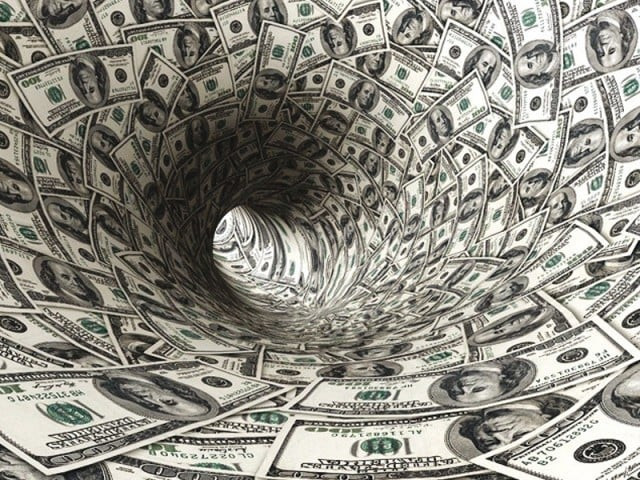FDI expected to surge 60% in Pakistan
BOI chief says Pakistan wants investors of all hues to participate in building the economy

More than 20 CPEC projects worth nearly $27 billion are currently being implemented. PHOTO: FILE
Chinese companies are building roads, power stations and a deep-water port in Pakistan after Beijing offered around $60 billion in funding for Pakistan’s infrastructure as part of China’s vast Belt and Road initiative.
Chinese investment has helped spur Pakistan’s economic growth to more than 5%, its highest in a decade, while also increasing Beijing’s clout at a time when relations with the United States, a historic ally, are fraying over Pakistan’s alleged handling of militants and the conflict in Afghanistan.
FDI grows 132% to $340.8m as China dominates
Naeem Zamindar, BOI Chairman and a state minister responsible for promoting foreign investment in Pakistan, said some western investors appeared reticent because of an incorrect perception that Chinese companies would get “exclusive advantages” and concessions that would not allow for an even playing field.
“A perception was created that the Chinese are taking over. The fact of the matter is that this is not true,” Zamindar told Reuters in his office in Islamabad.
“Pakistan’s government is very clear about it; we want investors of all hues to come in and participate in building this economy - whether American, English or Japanese.”
He said some Chinese companies building power stations had obtained soft loans but that was because the money was provided by Beijing, which made such terms a condition of its financing for projects that were part of the China-Pakistan Economic Corridor (CPEC), a key leg of the Belt and Road infrastructure network.
Kuwaiti investors asked to cash in on opportunities in Pakistan
But for the second phase of CPEC, in which a series of Special Economic Zones (SEZs) will be set up to boost Pakistan’s industries, Chinese companies would not receive preferential treatment, Zamindar added.
“That is completely non-discriminatory,” he said, adding the Special Economic Zones Act stipulates no country or company will get preferential treatment within the SEZs. “The (SEZ) concessions are published and are on the website, open to all.”
Zamindar said net FDI for the financial year 2017-18 (July-June) is expected to reach about $3.7 billion, with Chinese companies providing up to 70% of the new investment.
Net FDI has been gradually rising since 2014-15, when it plummeted to less than $1 billion. It rose to $2.3 billion last year, according to central bank data.
Foreign direct investment is separate from CPEC investments. More than 20 CPEC projects worth nearly $27 billion are currently being implemented, said a senior government official, meaning either work has begun on the projects or financing deals have been completed.
‘Govt to continue borrowing from international markets’
Zamindar said militant attacks were sharply down in recent years and security was much improved, but some investors are unaware of this and had an outdated negative image of Pakistan.
Yet overall interest in Pakistan had jumped, said Zaminder who would tour Britain, the United States, France and Saudi Arabia in coming weeks to promote the opportunities available in the country of 208 million people and a fast-expanding middle class.
“We are open for business.”



















COMMENTS
Comments are moderated and generally will be posted if they are on-topic and not abusive.
For more information, please see our Comments FAQ